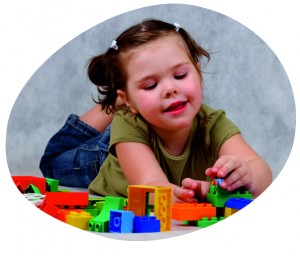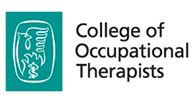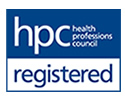Assessment
 I offer different types of assessment of your child’s needs and it is best to discuss their difficulties with me prior to arranging a specific assessment. The assessments that can be completed are as follows:
I offer different types of assessment of your child’s needs and it is best to discuss their difficulties with me prior to arranging a specific assessment. The assessments that can be completed are as follows:
1. Full Assessment – This would be the assessment I would generally recommend. This takes roughly two and a half hours (with a short break half way through) and entails a full motor skills assessment and visual motor skills evaluation. Visual perceptual skills will be formally assessed and the Clinical Observations of Sensory Processing will be completed. If necessary a standardised test of handwriting can be completed. A comprehensive report will be produced and recommendations and advice will be included in the report. You and your child’s school will be asked to fill out a questionnaire prior to the assessment and any other information from other professionals involved in your child’s care would be required.
2. Screening Assessment – This is a more basic assessment and a short report will be produced with a general synopsis of findings. This assessment covers motor skills evaluation, visual-motor integration assessment, visual perceptual abilities and a sensory screening tool. This type of assessment can be useful to give a general overview of your child’s strengths and difficulties but the report will not be as detailed as a full assessment would be.
3. Sensory Integration and Praxis Test (SIPT) – The Sensory Integration and Praxis test is an extremely detailed standardised test of somatosensory function and can be used as a diagnostic tool for dyspraxia. It covers 17 areas of praxis and gives a very detailed analysis of sensory processing. In order to administer this test an occupational therapist will have undergone extensive training in it’s administration and analysis through the Sensory Integration Network accredited Masters programme. I qualified in 2012 to administer this test and am Sensory Integration and Praxis Testing registered.
All of the a above assessments would generally be carried out in the clinic in Cranbrook but I am happy to complete them elsewhere if necessary and after discussion.



